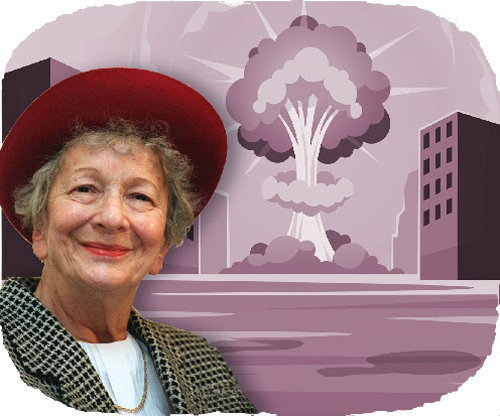Race of feelings
Race of feelings
Posted November. 15, 2023 07:52,
Updated November. 15, 2023 07:52

“Has compassion ever finished first?” Wislawa Szymborska, the distinguished Polish poet and Nobel Prize laureate, asks this poignant question in her poem “Hatred.” In this piece, Szymborska envisions a race among various emotions, with love, hatred, compassion, doubt, and justice vying for victory. Yet, in this metaphorical race, it is hatred that claims the ultimate triumph. Why?
To emerge victorious in the race, one must be prepared and possess attributes such as quickness, intelligence, humor, and diligence. Hatred often utilizes religion or the nation as seemingly justifiable pretexts. While emotions such as love, philanthropy, compassion, and justice may “[work] well at the outset,” they gradually tire out, revealing themselves as “listless weaklings” compared to hatred that “gets its own momentum going.” People talk in whispers that hatred is “blind,” but the poet does not agree. “It has a sniper’s keen sight / and gazes unflinchingly at the future / as only it can.”
Szymborska’s “Hatred” paints a vivid portrait of a stark reality where wars persist under seemingly justified banners of religion, nation, and race. The tragic deaths of children in the Gaza Strip and the bombardment of schools and hospitals are all fueled by the overpowering force of hatred. The poet urges us to “see how efficient it still is, / how it keeps itself in shape - / our century’s hatred. / How easily it vaults the tallest obstacles. / How rapidly it pounces, tracks us down.” The poet challenges us to stop sentimentalizing over feelings, but rather, to confront reality as is. The poet’s question of whether compassion has ever triumphed over other emotions sounds cynical, but it is born out of a concern for humanity mired in the depths of hatred. Despite this grim reality, we must hold on to the belief that, perhaps one day, compassion will claim first place in the race of emotions.






